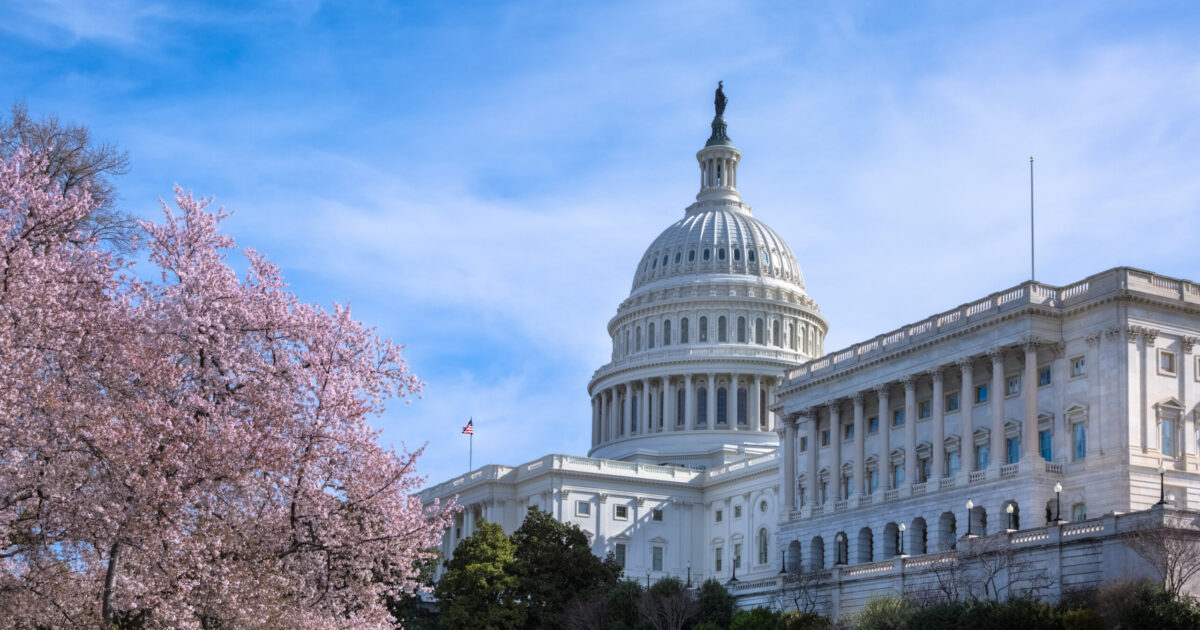Raising rabbits in colonies is an alternative to cage-breeding that is rising in popularity, especially for those farming rabbits for meat. However, for some breeds and breeders, colony-raising can cause more complications than it solves. Taking a look at the advantages and disadvantages of raising rabbits in this way is important to determine whether it will fit your individual situation.
Shelter
Rabbits are naturally outdoor animals. Access to sunshine lets them form vitamin D, which helps with the healthy absorption of calcium. They have instincts to dig and to run, which colony living can provide.
In addition, a large run allows waste to remain separate from other activities. Their urine is full of ammonia, and being outside helps to dispel vapors that can otherwise make rabbits sick.
However, in areas with heavy predator loads, losses can be high without significant protection. Kits and small breed rabbits are at especially high risk. Other animals may also be attracted to water and feed left in the pen, which can lead to disease exposure. Wild rabbits have also been known to be attracted to domestic rabbit pens. Rabbits love to play in the dirt!
Rabbits love to play in the dirt!
Socialization
Rabbits are social animals. Allowing young rabbits to form relationships in a colony environment can improve their well-being and quality of life. Colony-raised rabbits can help each other reduce stress through grooming and physical contact.
Breeding rabbits in colonies also allows does to share parenting duties. Does will often birth close together, and this means fostering between mothers is easier in case of emergency. A good buck will play with his kits, keep them warm, and sometimes can even be observed assisting with bathing.

However, those breeding show rabbits, these animals do have disagreements. There are rarely serious injuries in these scuffles, but rabbits will pull fur, and bloody noses and cause minor injuries. This can interfere with the quality of the rabbits.
Caretaking
During most seasons, care of colony rabbits is simple. They often deposit manure in one area of the run, and it breaks down quickly, requiring less cleaning.
They can be free-fed since the increased exercise and other options for stimulation means they eat only what they need. The added physical activity can result in a higher calorie need, however. Exercise also works muscles, so keeping meat rabbits in colonies can result in less tender rabbit meat. Mother and baby finding some shade on a hot day
Mother and baby finding some shade on a hot day
Weather
Winter is usually the biggest concern for those considering colonies. However, thick fur and warmth in the winter make rabbits successful in cold weather climates. Heat and rain will actually create more difficulties for the animals.
Rabbits do not sweat, instead regulating their body temperature primarily through their ears. They will stretch out in shallow trenches on hot days but require a source of shade and plenty of water.
Torrential rains can cause flooding, driving rabbits from their burrows and exposing them to predators and cold. In extreme conditions, litters can drown if burrows are…
Continue reading here



 Rabbits love to play in the dirt!
Rabbits love to play in the dirt!
 Mother and baby finding some shade on a hot day
Mother and baby finding some shade on a hot day





